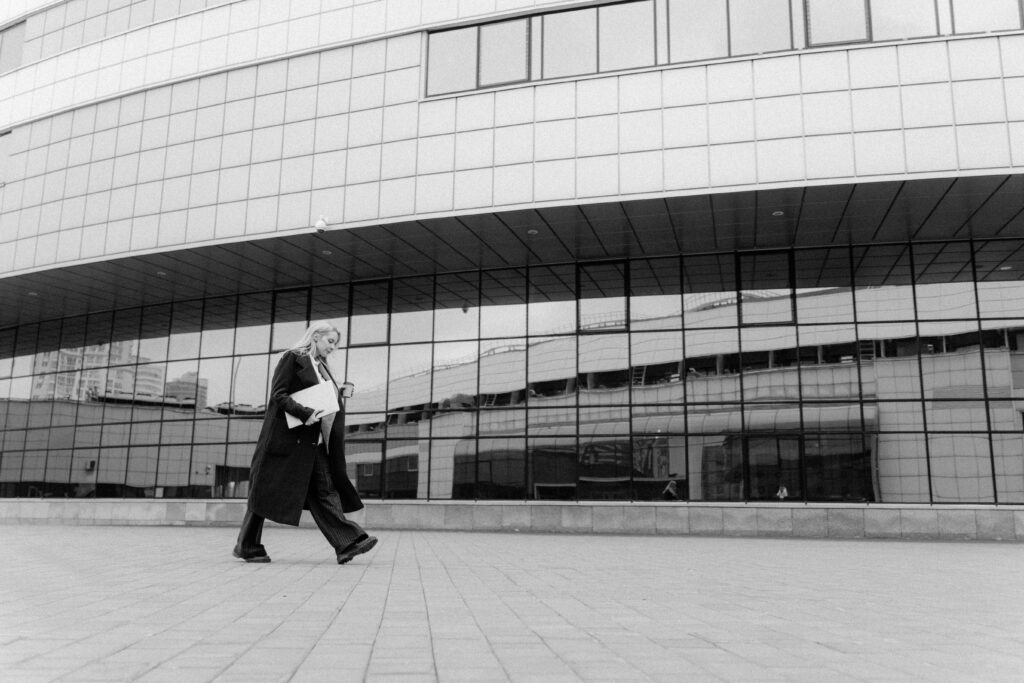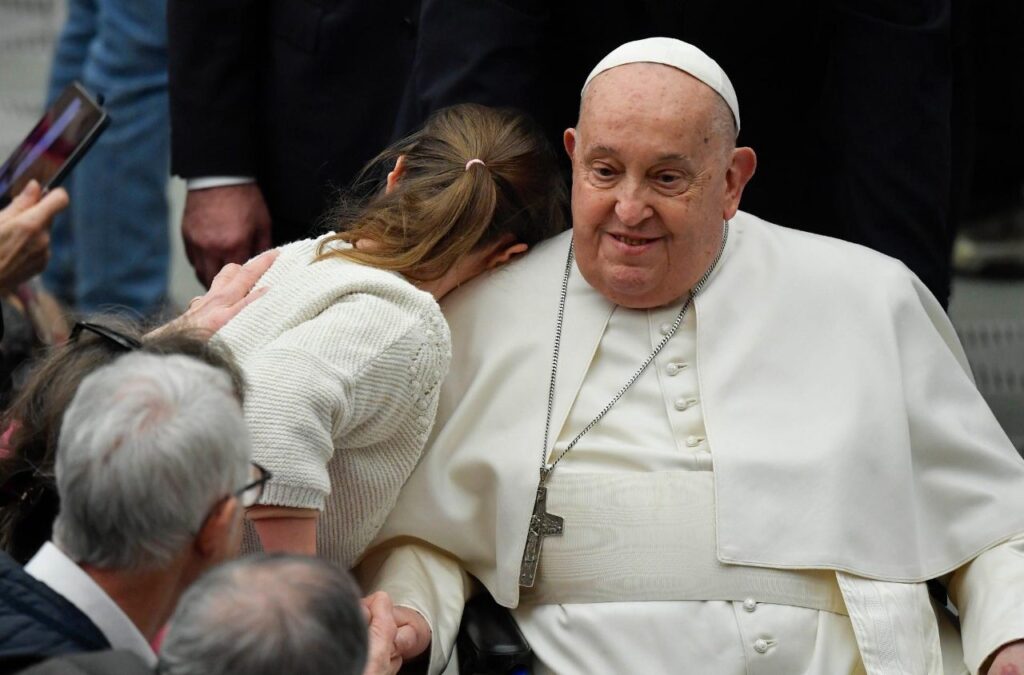Shepherd the wounded
Reflecting on ministry

Our parish has had the joy of welcoming two deacons into its formation, who once ordained, by designation of the bishop, are part of the clergy that cares for this portion of the Lord’s flock.
Formed for liturgical service and charity, joyful for the ministry, both had, on the day of the premiere, their first wounds. The first, in the middle of his homily, was interrupted loudly by a parishioner, a habitual saboteur in different parishes, appealing, according to her, to orthodoxy, questioning what the new preacher was affirming. The celebrant, faced with the outrage, intoned the Creed, thus following the Eucharist and settling the possible discussion. Our deacon, with five years of theological training, his degree in Law, and his work experience of more than twenty years as a high school director, was traumatized. He looks for the parishioner to debate with her. In their formation for the diaconate they were taught the neatness of the liturgical rubrics for the splendor of the celebration, but they were not prepared to be wounded in their ministry.
The other deacon, extremely neat in the liturgy, and attentive to forms and vestments, was informed that one of the communions he distributed was passed around from hand to hand until it was consumed by an elderly woman who reproached those who did it. It was a celebration of six baptisms of children of catechetical age, who brought with them guests who were not usual at the Eucharist. The deacon wonders how he didn’t notice when giving communion.
For both cases, we have agreed to make an act of reparation to the Eucharist. But it is also serving as reasons for reflection for the community to shepherd from the wounds. Since in the reflection group, other wounds that were difficult to combine with faith arose.
A catechist was grieving that her brother had died without receiving either the Anointing or the Viaticum and was buried outside the church, in a civil ceremony.
Another parishioner was saddened by the unexpected death by suicide of a co-worker and wondered if a mass could be offered for his eternal repose.
I am reminded of the words of Pope Francis in the meeting with the lay movements on March 18, 2013, in which he stated: “At this moment of crisis we cannot worry only about ourselves, lock ourselves in solitude, in discouragement, in the feeling of helplessness in the face of problems. Don’t lock yourselves in, please. This is a danger: we lock ourselves in the parish, with friends, in the movement, with whom we think the same things… but do you know what happens? When the Church closes, it gets sick, it gets sick. Think of a closed room for a year; When you go there it smells musty, many things don’t work. A closed Church is the same: it is a sick Church. The Church must come out of itself. Where to? Towards the existential peripheries, whatever they may be. But go out. Jesus tells us: «Go into all the world. ID. Preach. Bear witness to the Gospel” (cf. Mark 16, 15). But what happens if one leaves oneself? What can happen to anyone who leaves home and walks down the street can happen: an accident. But I tell you: I prefer a thousand times a Church that is injured, that has had an accident, than a Church that is sick from locking itself in.
Not only in the church, but also in the family, in society, professionally, we seek assurances that remove the uncertainty of the unforeseen from us. A religious sect, a family rigid in rules, a company mechanized even in decisions, a country controlled even in the clothing of its citizens, leaves no room for freedom, creativity, or progress, but it provides security. You can only obey or exclude yourself from the group. From weakness, we seek assurances that allow us to be comfortable, even paying the price of our freedom. To achieve this, the immediate solution is the exclusion of those who do not comply with the standard. So that spaces like the church, or the family itself, are safe spaces.
Our deacons have been trained to handle the censer well, to stand at the altar, and they have been ordered to preach the word. They were not prepared to fail. No one is prepared to be a loser, in a society of winners. But failure makes us more human, leaving perfection for the Lord, it makes us more humble, brings us closer to prayer, and leads us to put our trust in the Lord. To his cross we unite more from failure.
Pastoring wounded means living the Church from personal poverty. It is beyond the scope of this comment to talk about the meaning of evangelization. We are very lucky to have Pope Francis, who gave us the apostolic exhortation Evangelii Gaudium at the closing of the 2013 year of faith.
The church is not a cult precisely because it tolerates and integrates wounds, both in its members and in others. This means assuming personal responsibilities, in the face of blind norms, it means generating paths of encounter where the other can listen to the message of salvation.
It represents a silver lining in the midst of the darkness of meaninglessness.
To the catechist whose brother dies outside the Church and to the companion of the young man who committed suicide, we help them understand that only God the Father is the judge. No one forbids us to pray for them, Jesus himself continues to offer himself for the salvation of all humanity. Let us pray that those who have died, free from the bonds of death, with the strength of our prayer may encounter the mercy of the Lord.
Regarding suicide, it really is a homicide against oneself. And as Saint John tells us, no murderer carries eternal life within himself (1 Jn. 3, 15-16). Although, the word murderer is applied to someone who hates his brother. That is, many of us can fall into this category.
Most of the time the suicide is mentally ill, diagnosed or not. To what extent is there complete freedom in the act. The mind is also sick. God has compassion on the poor, the greatest poverty is illness and among illnesses, the poorest is mental illness.
Living with wounds, with uncertainties, is harder than living in the security of perfection, but it requires us to love, forgive, look for the lost sheep, grieve with it. It is the path that our brand-new deacons undertake. Pray for them and for all pastors, not so that they are perfect, but so that they do not lack the wounds that bring them closer every day to the crucified one who saves from the cross.
Related

Reversing Social Deterioration: A Task That Begins in Business Management
Alejandro Fontana
25 April, 2025
4 min

The Revolution of Tenderness
María Elizabeth de los Ríos
25 April, 2025
3 min

His Hope Does Not Die!
Mario J. Paredes
24 April, 2025
6 min

The Religious Writer with a Fighting Heart
Francisco Bobadilla
24 April, 2025
4 min
 (EN)
(EN)
 (ES)
(ES)
 (IT)
(IT)

